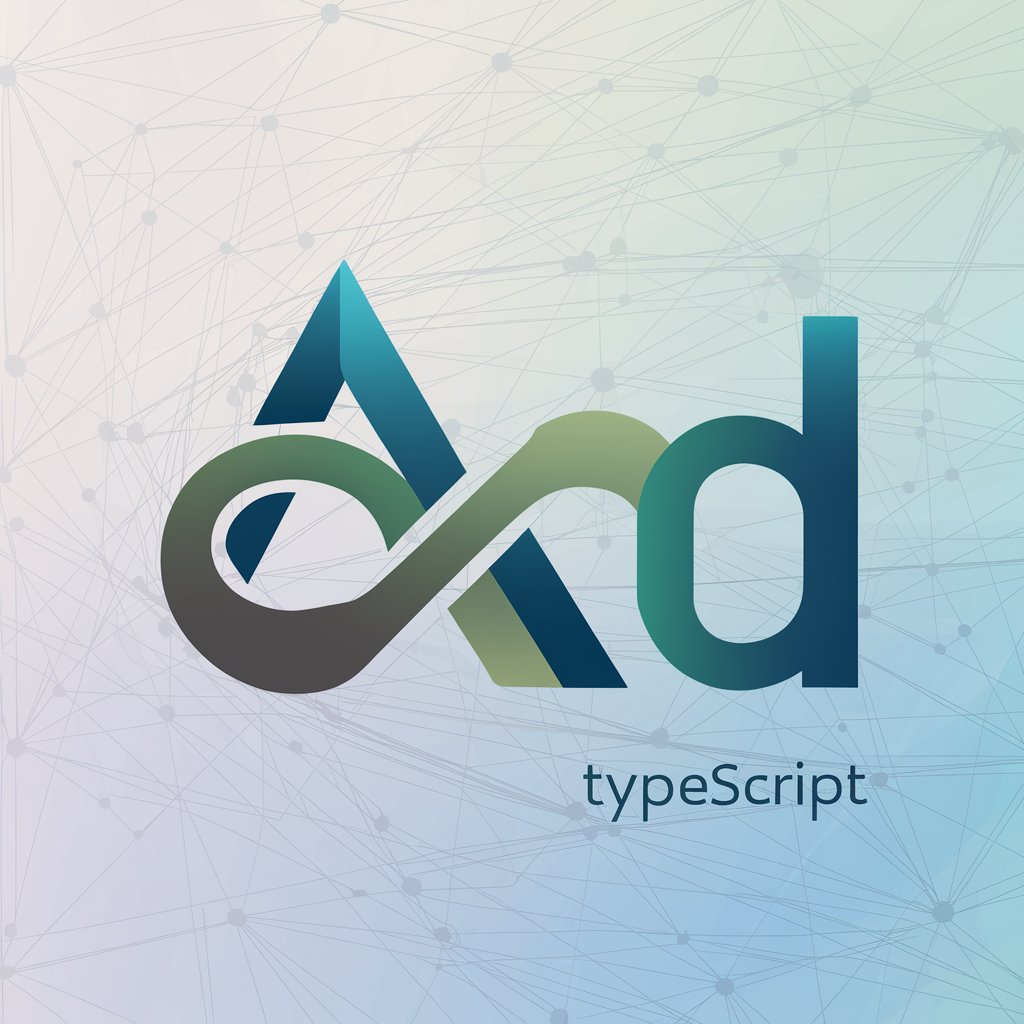Researcher's Aid - academic writing enhancement

Welcome! How can I assist you with your research today?
Empowering Research with AI
Analyze the provided document and extract key themes related to the research topic.
Develop a structured outline for a research paper on the given subject.
Identify relevant literature to support the arguments in this research paper.
Create a coherent narrative that connects different sections of the research seamlessly.
Get Embed Code
Overview of Researcher's Aid
Researcher's Aid is a specialized tool designed to support academic researchers by enhancing the process of writing research papers across various disciplines. Its core design is centered around assisting users to create a coherent narrative within academic contexts, ensuring that content transitions smoothly and maintains academic rigor. The service is adept at integrating information from provided documents into a cohesive narrative, aiding in structuring papers, and sourcing literature. For instance, if a researcher is working on a paper about climate change impacts on coastal ecosystems, Researcher's Aid can help structure the paper, find relevant studies from provided sources, and ensure the narrative links causes, effects, and mitigation strategies effectively. Powered by ChatGPT-4o。

Core Functions of Researcher's Aid
Document Analysis
Example
Extracting data on biodiversity changes from provided PDFs on ecosystem studies
Scenario
A researcher writing about biodiversity changes in Amazon rainforests provides several articles and reports. Researcher's Aid reviews these documents, extracts pertinent data and trends, and incorporates them into a section of the research paper that discusses historical and current biodiversity levels.
Narrative Creation
Example
Linking theoretical frameworks to empirical findings in a paper on behavioral economics
Scenario
In preparing a manuscript on the effects of psychological principles on economic decision-making, Researcher's Aid helps the author articulate how cognitive biases influence consumer behavior, weaving together theories and case study analyses into a compelling discussion section.
Citation and Referencing
Example
Ensuring all sources are accurately cited in APA format in a literature review on neural networks
Scenario
A graduate student is compiling a comprehensive review on advancements in artificial intelligence. Researcher's Aid assists in formatting citations correctly, checking each reference for consistency and accuracy, thus maintaining the paper’s academic integrity.
Target User Groups for Researcher's Aid
Academic Researchers
Individuals engaged in scholarly research who require assistance in structuring, drafting, and refining research papers. They benefit from streamlined document analysis, narrative cohesion, and appropriate sourcing of literature, which enhances the readability and academic robustness of their papers.
Graduate Students
Graduate students often juggle multiple responsibilities and may lack extensive experience in writing research papers. Researcher's Aid can provide critical support in organizing their research, ensuring proper citation, and helping them articulate their findings clearly and effectively.

Guide to Using Researcher's Aid
Step 1
Visit yeschat.ai for a free trial without login, also no need for ChatGPT Plus.
Step 2
Choose the specific tool 'Researcher's Aid' from the available list of tools on the platform.
Step 3
Provide the research topic or question directly into the input box to receive targeted assistance.
Step 4
Use the tool's functionalities to develop, source, and refine your academic papers, utilizing features such as structure development and narrative creation.
Step 5
Regularly save and review your progress, and seek clarification or further assistance as needed to ensure the quality of your research outputs.
Try other advanced and practical GPTs
Arcade Aid
Elevate Your Game with AI-Powered Insights

TechPrep Aid
Master Tech Entrepreneurship with AI

The Beer God
Brewing Humor and Wisdom with Every Response

Research Buddy
Empowering Research with AI

Debate Master
Hone Arguments with AI Expertise

English US Content Rewriter
Simplify your text with AI

Cyber Aid
Empowering Decisions with AI Insight

Healing Aid
AI-Powered Health Insights

Aid
Streamlining AI-driven Development

Arco Aid
Streamline Design with AI

Academia Aid
Empowering your academic journey with AI

Accounting Aid
Master Chinese Accounting with AI

Frequently Asked Questions About Researcher's Aid
What is the primary function of Researcher's Aid?
Researcher's Aid is designed to assist users in developing academically sound research papers, providing support in structuring papers, sourcing literature, and creating a cohesive narrative.
How does Researcher's Aid help in structuring academic papers?
The tool aids in organizing content logically, ensuring that there is a smooth flow from introduction through to conclusions, which is crucial for maintaining reader engagement and coherence.
Can Researcher's Aid help with citation and referencing?
Yes, it assists in the proper citation and referencing of sources, which is essential for maintaining academic integrity and avoiding plagiarism.
Is Researcher's Aid suitable for all academic disciplines?
Yes, it is designed to adapt to various academic fields and research methodologies, providing tailored support based on the specific needs and requests of the researcher.
How does Researcher's Aid ensure the academic rigor of papers?
By sourcing and integrating relevant literature and providing feedback on drafts, the tool ensures that all findings and arguments are well-supported and critically analyzed.
